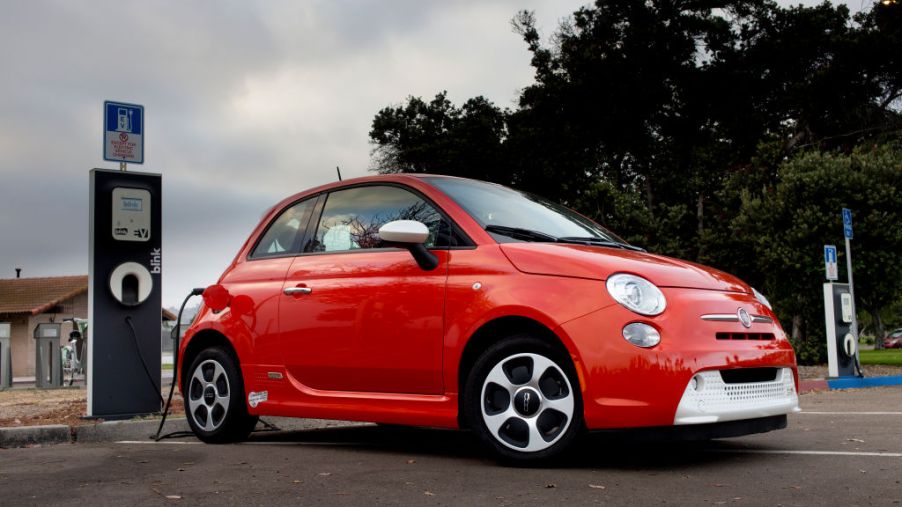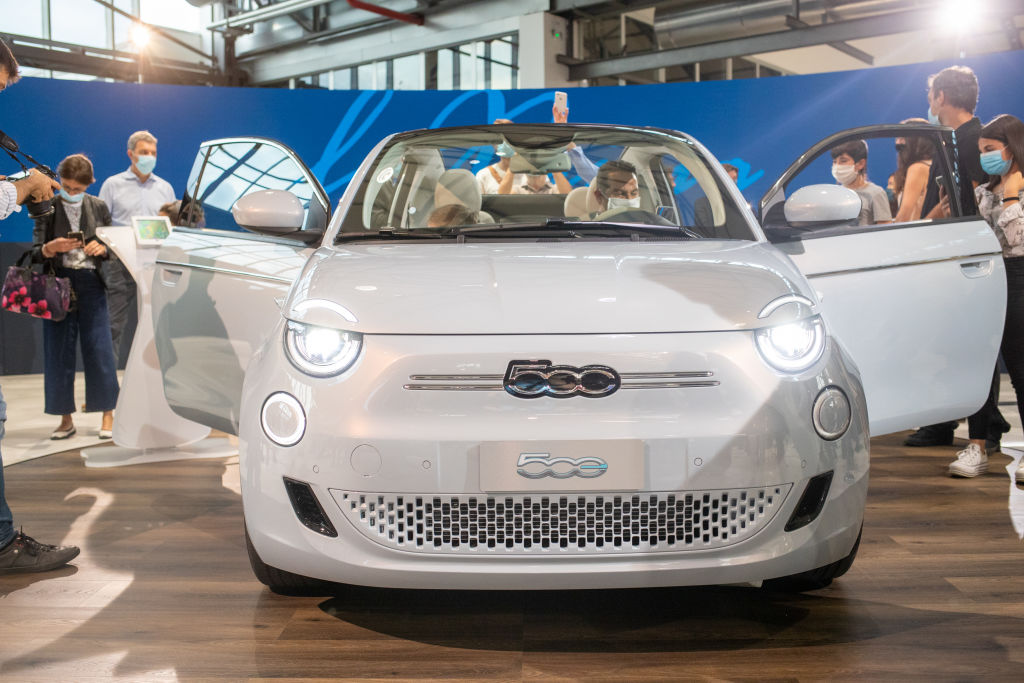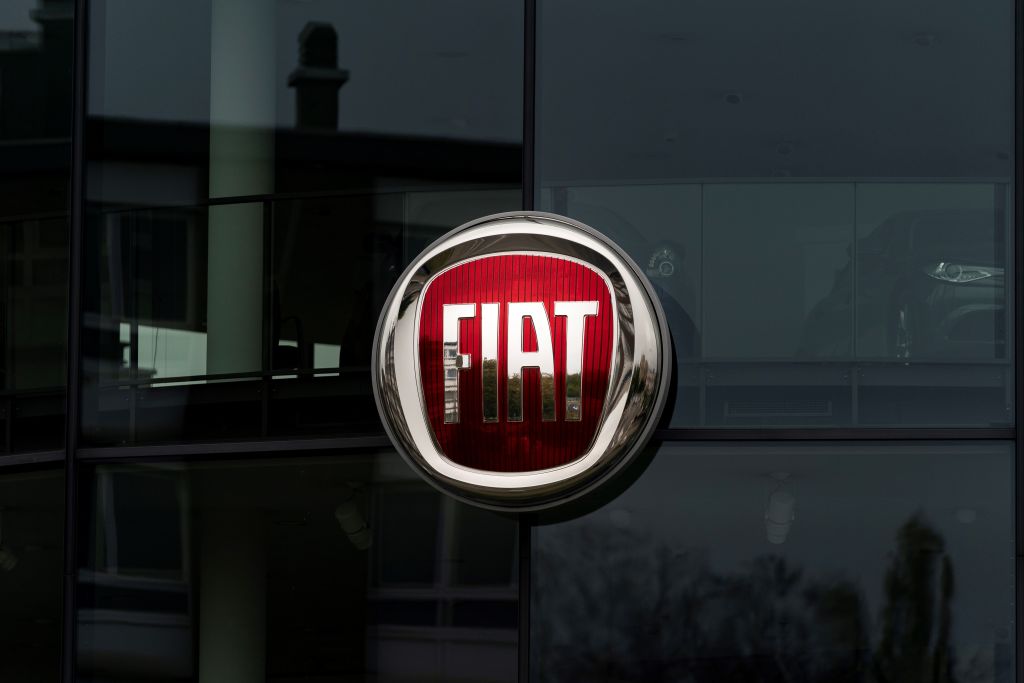
Fiat Will Become All-Electric by 2030
The announcement of the new all-electric Fiat 500e heralded some other exciting news. In keeping with what has become a bit of a trend in the auto industry, the Italian automaker announced on Friday that it will be going all-electric by 2030. At this point, announcements like this are becoming an industry standard. The trend was first started by Volvo a few years back. It’s an interesting change of pace for the Italian marque and could hint at the future of other Fiat-Chrysler brands like Jeep and Alfa Romeo.
What about Fiat’s gas-powered cars?

Just like other automakers, the Turin-based carmaker said on Friday that the changes will not be sudden. They’ll be a gradual shift that starts with the new 500e. The 500 badge isn’t a bad place for Fiat to start to be sure. However, the 500e is a far cry from the uber-hot Abarth version of years past. It’s a recognizable badge that still sells well despite its small size.
Of course, that small size makes it one of the better city cars out there and electrifying the model only adds to the Fiat’s appeal. However, current 500 models can still be had with a gasoline-driven powerplant for at least a few more years. According to Fiat, this decision was made before the global pandemic, which forced Fiat boss Olivier Francois to take a harder look at what the brand is doing to contribute to a more sustainable climate for everyone.
How the move will change Fiat

The way the Italian brand tells it, the circumstances created by the Covid-19 pandemic are exactly what spurred on this announcement. Francois states “We were reminded of the urgency of taking action, of doing something for the planet Earth.” Bearing this in mind, the brand will continue to increase focus on small city cars. Oddly enough, there are no new plans for a second fully electric vehicle. That said, some concept models like the Centoventi EV have made appearances.
This likely means that there are indeed new EV models in the works in Turin. They’re just not ready yet. This isn’t uncommon; the rapid shift to EV technology has certainly caught some brands off-balance. Thankfully, building EVs isn’t the only focus for Fiat. They look to also increase charging availability, a classic struggle in the tight cities of Italy and the rest of Europe.
What this means for FCA

Whether Fiat’s shift to electric power is telling of other FCA plans isn’t a sure thing yet. However, in some ways, it feels almost inevitable- especially for European labels like Alfa Romeo. Tighter emissions laws on a global scale could certainly force traditionally gas-powered brands to go electric, but right now Fiat stands alone at FCA. It’s a good thing brands like the Turin-based automaker are also beginning to focus on infrastructure improvements for EVs, as that is a key part of making Fiat’s electric transition stick.


